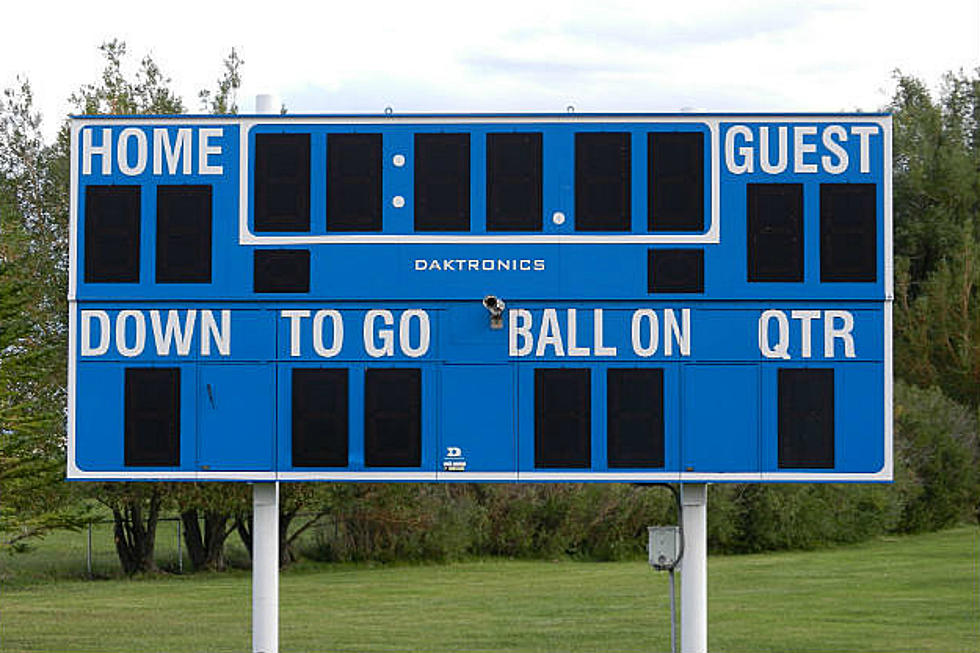
“You did not choose me, but I chose you and appointed you to go and bear fruit — fruit that will last. Then the Father will give you whatever you ask in my name.” — John 15:16
The Olympic spirit is in the air, and I love it. It is hard to wait four years (and with these Olympics—five years!) to come around, but when they do, I am all in. My favorite part about the Olympics isn’t the competition. Instead, it’s the incredible stories that develop throughout the Games. And especially the stories of faith!
My favorite story continues to be the one about Eric Liddell, known as “The Flying Scotsman,” who ran to victory in the 1924 Paris Olympics. He won a gold medal for Scotland in the 400-meters and set a new world record with his time of 47.6 seconds. He also won a bronze in the 200-meter race. He was an amazing athlete who was not only a runner, but also a rugby player and a missionary to China.
Liddell ran, spoke and lived with full faith. He never wavered from his commitment to Jesus Christ. The classic movie Chariots of Fire shows the incredible impact Liddell made by living out his convictions. He once said, “We are all missionaries. Wherever we go we either bring people nearer to Christ or we repel them from Christ." While competing, his goal was to draw his peers to Christ by doing little things like shaking hands with the other runners before each race. At the time, the runners ran on cinder tracks. Liddell would offer his trowel (a small shovel) to fellow runners who had trouble digging their starting holes. Even though he was known as “The Flying Scotsman,” he could have easily been called the “The Serving Scotsman.”
He looked for ways to glorify Christ in all he did. When his fellow runners looked down on other competitors because they were different, he came alongside those people to encourage them. His life was defined by his desire to please God in his competition. After competing, he went to China as a missionary where he taught school children, worked with extremely poor people and rescued victims of war. Whatever he did, his goal was to become like Jesus. He lived out Jesus’ words in John 15:16 and bore lasting fruit, producing eternal results for the Lord.
Liddell didn’t define winning by the scoreboard, medals, records or awards. He had a different definition of winning, one that matched what Jesus taught. In the world of sports, winning can become our ultimate goal and we can adopt a mentality of winning at all costs. Winning consumes us and prevents us from seeing competition correctly. We view our opponents as the enemy to beat, destroy and annihilate. But I don’t think Jesus would play sports with that concept. He was clear about how to respond to others. When Jesus commanded us to love our neighbors, that includes the opposing team on game day.
“‘Love the Lord your God with all your heart and with all your soul and with all your strength and with all your mind’ and, ‘Love your neighbor as yourself.’” — John 10:27
There are two possible definitions of competition. One is to defeat an opponent in score, skill or combat. The other considers the Latin word for competition, which is competere. The root word com means “with” not “against.” This definition means “to walk alongside of, for two or more to work together to bring another along or to partner.” The second definition introduces a vastly different way to play sports, a way that sounds more like loving our neighbor. The Christian view of competition could be defined as elevating each other’s involvement to higher levels of participation, skill development and effectiveness for the glory of God.
Winning is not the issue, but rather, it’s how we define winning that matters. There is nothing wrong with wanting to win. Actually, if we don’t want to win, something is wrong. If we define winning by the score, then our scoreboard’s goal is securing more points. However, if we define winning by glorifying God, then our scoreboard’s aim is becoming more like Jesus in competition.
There is a scene in Chariots of Fire where Eric Liddell talks to his sister, Jenny, about his decision to run now and become a missionary later. He says, “God has made me fast. When I run, I can feel His pleasure, and to run and win is to honor Him.”
When we sense and feel God’s pleasure in us while we compete, the scoreboard changes. When we desire to come alongside our competition and see other competitors improve, we have redefined winning. When we release all our talents, skills and gifts for God’s glory, our opponents will see Jesus while we compete. When we follow a Christian definition of winning, we become Jesus’ hands and feet.
God used Liddell in a significant way. He kept his eyes fixed on Jesus and not on himself, and as a result, he could focus on those around him. As athletes, it’s hard not to buy into the world’s definition of winning, but we must. Becoming Christlike while we compete is our win.
Jesus has appointed us to go and bear fruit—fruit that will last. Winning is becoming more like Jesus. This Olympics, I am praying for God to raise up more Eric Liddells among us—coaches and athletes who will stand for Christ and become more like Jesus every day.
Lord, help me be someone who understands how to love others, even my competitors. I admit it’s hard to love those I’m competing against. Teach me how to do it. Show me practical ways to come alongside them. I want to become more like Jesus every day. May my talents and abilities be used for Your glory. In Jesus’ name, amen.